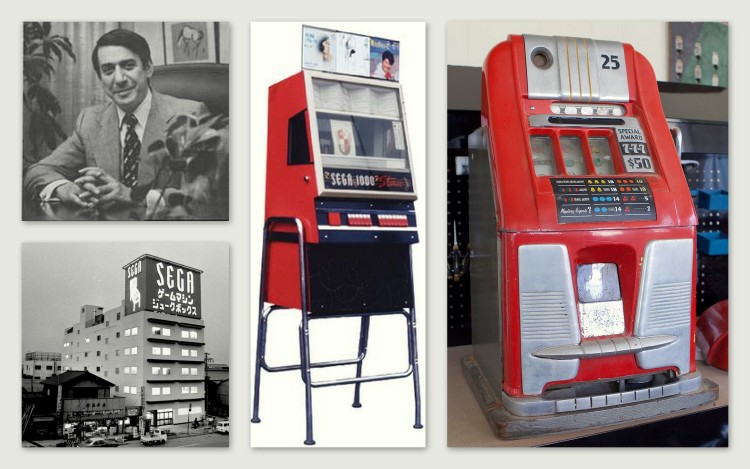Zen Studios releases a trailer for Alien: Isolation digital pinball
2014’s Alien: Isolation, developed by SEGA owned The Creative Assembly, was one of the year’s best games. So while we anxiously hope for a sequel, Zen Studios has something to tide us over. Last week, the Pinball FX 2 studio announced that they had teamed up with Fox Digital Entertainment to create an all-new pinball three-pack set in the ALIEN Universe. Dubbed Aliens vs. Pinball, the pack features tables based on the films Aliens and Alien vs. Predator as well as the video game Alien: Isolation. While SEGA themselves have no involvement in the pinball table (Alien is owned by FOX, SEGA just holds the license to create games set in the universe), it is very cool to see Alien: Isolation worthy of sitting alongside the movies in this digital pinball pack.
Alien: Isolation pinball has players helping Amanda Ripley survive Sevastopol Space Station while evading a merciless Xenomorph. Additionally, players have to contend with “Working Joe” androids (a SEGAbits favorite) and Station Security Guards, craft weaponry, and hack computers while you keep an eye out for the relentless Alien.
Alien: Isolation pinball will launch on ALIEN DAY (April 26, 2016) as part of the Aliens vs. Pinball three-pack for consoles, PC and mobile.
[Source: Zen Studios]

